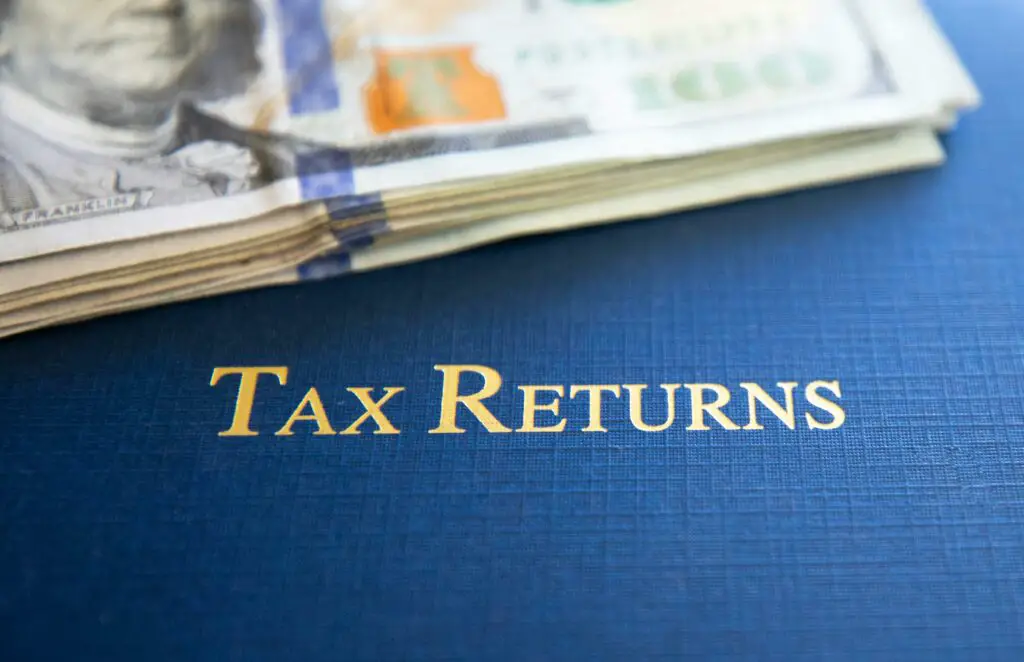Contents
Do I need cash in New Zealand?
Are you gearing up for an epic adventure amidst the stunning landscapes of New Zealand? As you pack your bags and chart your course, a question looms large: “Do I need cash in New Zealand?” Let’s delve deeper into the intricacies of currency management in this enchanting island nation.
Understanding the Currency
In the realm of the long white cloud, the New Zealand dollar (NZD) reigns supreme. As you prepare for your Kiwi escapade, it’s essential to acquaint yourself with the current exchange rates. Consider using reputable currency conversion tools or consulting your bank for up-to-date rates. For instance, if you’re planning to convert USD to NZD, you’d want to know how many Kiwi dollars your greenbacks will fetch.
When it comes to converting your currency, New Zealand offers a plethora of options. Major cities like Auckland and Wellington boast numerous ATMs and currency exchange services, making it convenient for travelers to obtain local currency. However, keep in mind that exchange rates may vary between providers, so it’s prudent to compare rates before making a transaction.
For instance, imagine you’re exploring the bustling streets of Auckland’s Viaduct Harbour. You stumble upon a quaint souvenir shop tucked away in a narrow alley. The shopkeeper, a friendly Kiwi with a warm smile, informs you that they only accept cash for purchases. In this scenario, having New Zealand dollars on hand ensures you can indulge in a piece of Kiwi memorabilia without any hassle.
Cash vs. Digital Payments
In an increasingly digital world, plastic often trumps paper. While cash holds its charm for small transactions and quaint purchases, New Zealand warmly embraces digital payment methods. Credit cards, debit cards, and mobile payment platforms like Apple Pay and Google Pay are widely accepted across the country, offering travelers convenience and security.
Picture yourself dining at a trendy waterfront restaurant in Wellington. After enjoying a delectable seafood platter, you reach for your wallet to settle the bill. The waiter nods approvingly as you tap your card on the sleek payment terminal, seamlessly completing the transaction.
However, it’s prudent to carry a mix of cash and cards during your New Zealand adventure. In remote areas and small towns, cash remains the preferred method of payment, especially at local markets, family-owned eateries, and roadside stalls. By having cash readily available, you can partake in authentic Kiwi experiences and support local businesses along the way.
Cash Requirements in Different Settings
Whether you’re exploring urban landscapes or venturing into the heart of nature, understanding cash requirements in different settings is crucial. In bustling cities like Christchurch and Queenstown, you’ll find an abundance of ATMs and banking facilities, making it easy to access cash when needed.
However, as you journey into rural and remote areas, the landscape changes dramatically. Imagine embarking on a road trip along the rugged coastline of the South Island. As you venture further from civilization, you’ll encounter charming villages and secluded beaches where ATMs are few and far between. In such scenarios, having a stash of cash ensures you’re prepared for unforeseen expenses and spontaneous adventures.
Consider the case of a backpacker exploring the pristine beauty of Abel Tasman National Park. After a day of hiking along coastal trails and kayaking in crystal-clear waters, they stumble upon a cozy seaside cafe nestled amidst the dunes. The aroma of freshly brewed coffee and homemade pastries beckons, but alas, the cafe only accepts cash payments. Fortunately, our intrepid traveler has planned ahead and has enough cash to indulge in a well-deserved treat.
Cultural and Social Norms
As you immerse yourself in Kiwi culture, it’s essential to be mindful of tipping customs and payment etiquette. Unlike some countries where tipping is customary, New Zealand embraces a no-tipping culture. While tipping isn’t expected, a gesture of appreciation is always welcome, especially for exceptional service or memorable experiences.
Moreover, New Zealanders are renowned for their laid-back demeanor and egalitarian values. When making payments, a friendly smile and a genuine “thank you” go a long way in fostering positive interactions with locals and business owners alike.
Safety and Security Concerns
In the pursuit of adventure, safety should always be a top priority. Whether you’re exploring urban jungles or remote wilderness, safeguarding your cash and cards against potential risks is paramount. Consider using a secure money belt or travel pouch to store your valuables discreetly, minimizing the risk of theft or loss.
Should the unfortunate happen and your cards go missing, it’s essential to know the proper channels for reporting lost or stolen cards in New Zealand. Most banks offer 24/7 helplines for cardholders to report incidents and request assistance. By acting swiftly and decisively, you can mitigate the impact of a lost or stolen card and resume your journey with peace of mind.
Budgeting and Financial Planning
A well-planned budget is the cornerstone of any successful journey. Before setting foot in New Zealand, take the time to calculate your daily expenses and estimate your cash requirements. Consider factors such as accommodation, transportation, dining, and activities when crafting your budget.
For example, imagine you’re planning a week-long adventure on New Zealand’s North Island. You allocate a portion of your budget for accommodations in Auckland and Rotorua, as well as activities like bungee jumping in Queenstown and wine tasting in Hawke’s Bay. By budgeting effectively, you can make the most of your Kiwi adventure without breaking the bank.
Practical Tips and Recommendations
As you embark on your Kiwi odyssey, arm yourself with practical tips and recommendations from seasoned travelers and locals alike. Seek out reputable ATMs and currency exchange providers to maximize your spending power and minimize transaction fees.
Consider carrying a backup stash of cash for emergencies, ensuring you’re prepared for unexpected situations like power outages or network disruptions. Additionally, familiarize yourself with the locations of banks and ATMs in your travel destinations, especially if you plan to explore remote or off-the-grid areas.
Above all, embrace the spirit of exploration and discovery. Engage with locals, savor authentic experiences, and let the beauty of New Zealand captivate your soul.
Local Insights and Recommendations
Who better to offer sage advice than those who call New Zealand home? Tap into the wisdom of locals and seasoned travelers for insider tips and hidden gems. From secret hiking trails to hidden waterfalls, let their recommendations shape your itinerary and enrich your journey with unforgettable experiences.
Conclusion
In the tapestry of travel, cash serves as a thread that weaves together unforgettable experiences. While New Zealand embraces digital innovation, cash remains a cherished companion on your journey of discovery. From cosmopolitan cities to rugged landscapes, having cash on hand ensures you’re ready to embrace every moment, every opportunity that awaits in the land of the long white cloud. So, as you embark on your Kiwi adventure, remember the age-old adage: cash is king, even in paradise.





